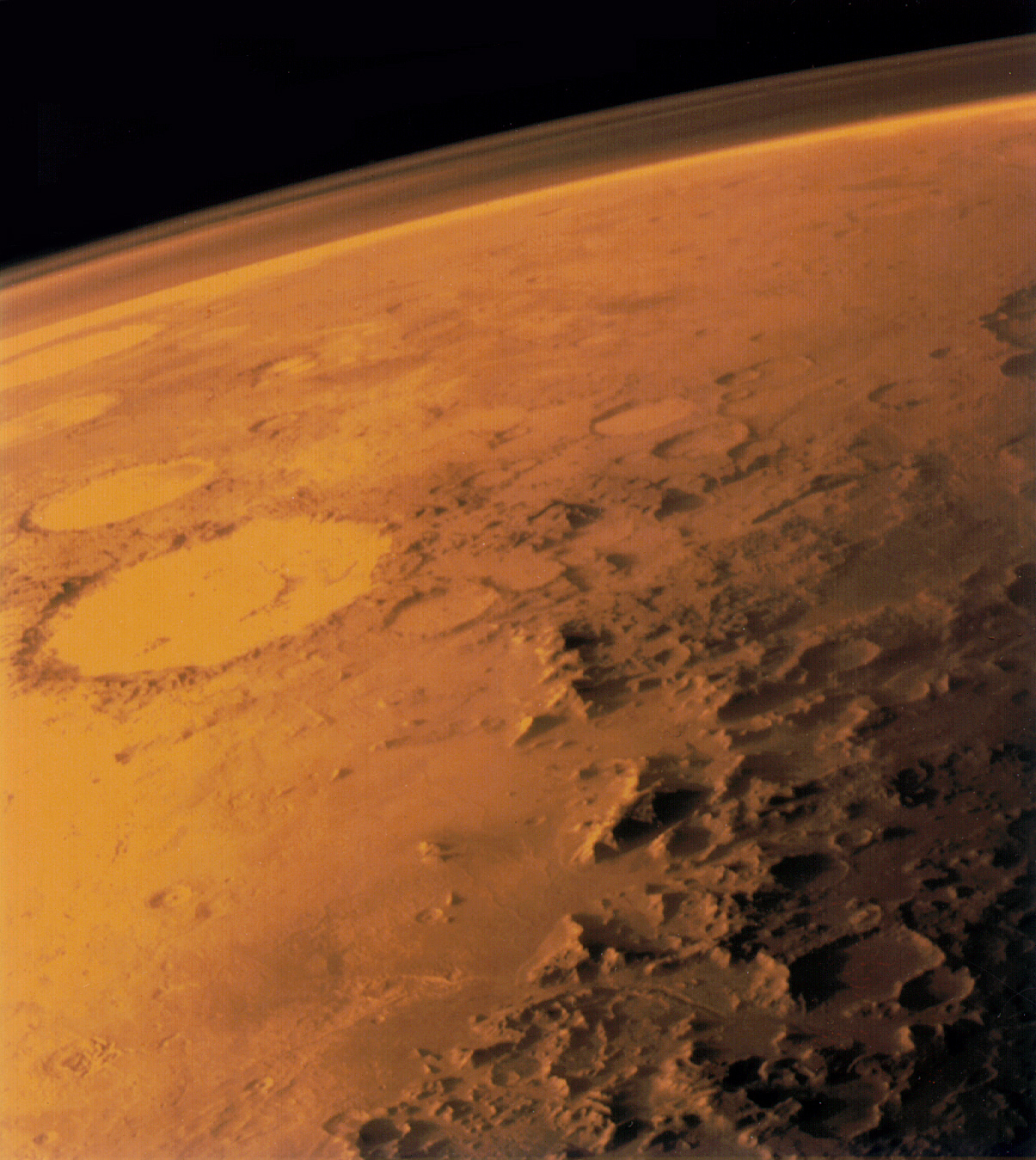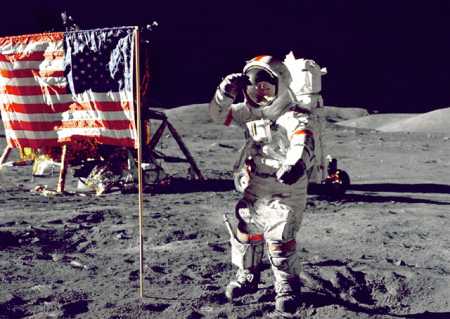Brief 'heads-up' post about a forthcoming roadshow at UEA:-
15 March 2012
Campaign for Social Science Roadshow at the University of East Anglia University of East Anglia - directions (includes light refreshments)
Supported by many Vice Chancellors, the Campaign will be presented to all Academicians and other social scientists via a series of regional roadshows around the country. A Question and Answer session, will be chaired by Professor Neil Ward, Dean of Social Sciences, University of East Anglia.
Speakers include:
- Professor Edward Acton, Vice Chancellor, University of East Anglia – Introduction and Welcome
- Professor Sir Howard Newby, President of the academy of Social Sciences and Vice Chancellor, University of Liverpool
- Professor Michael Harloe AcSS, Member of the Board, Campaign for Social Science and former Vice Chancellor, University of Salford
- Professor Tony Crook, Chair of Board, Campaign for Social Science and former Pro Vice Chancellor, University of Sheffield
- Professor Neil Ward, Dean of Social Sciences, University of East Anglia - Question and Answer Session
- Stephen Anderson CfSS, Executive Director, Academy of Social Sciences



















